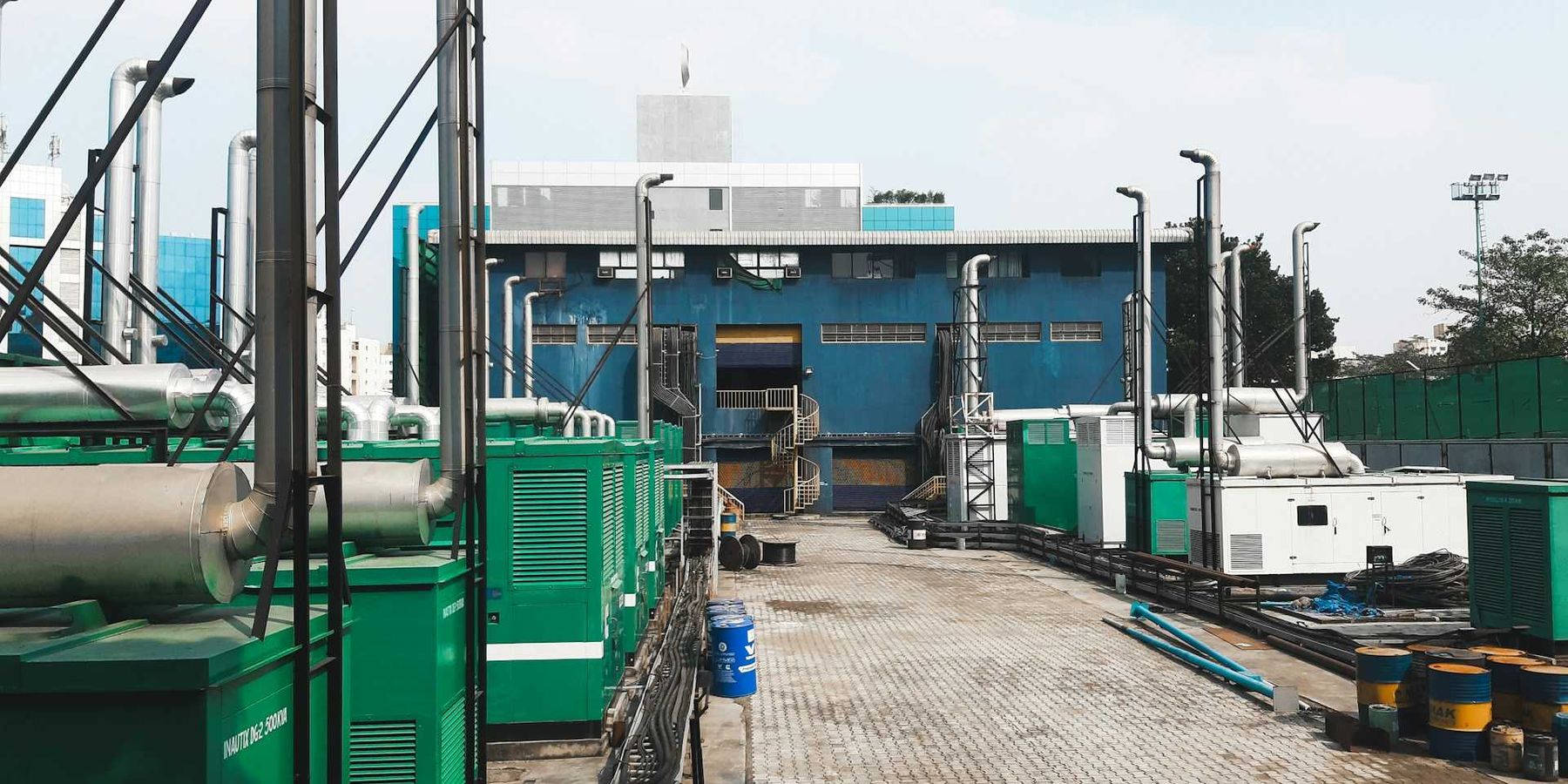emergencies
Rising natural disasters overwhelm emergency responders
As climate change drives more frequent and intense natural disasters, emergency responders are battling burnout, funding shortfalls and growing demands across the U.S.
In short:
- Emergency responders face increasing burnout and PTSD as they deal with more frequent, intense disasters.
- Budgets for emergency management are not keeping pace with the rise in billion-dollar weather events.
- Some states, like Texas, are exploring options such as creating a state-owned firefighting fleet.
Key quote:
“. . . . the COVID-19 pandemic and the increasing number of back-to-back disasters have resulted in disaster fatigue and burnout.”
— 2023 NEMA white paper
Why this matters:
Climate change is making natural disasters more frequent and severe, stretching emergency systems thin. Without proper funding and resources, communities could face slower, less effective disaster responses.
Related EHN coverage:
Jasper school officials push for better climate emergency planning
As students in Jasper prepare to return after devastating wildfires, experts stress that schools nationwide need better climate crisis response plans.
In short:
- Jasper’s schools will reopen on Sept. 17, weeks later than scheduled, after extensive efforts to clean and restore facilities damaged by wildfires.
- Experts warn that with the growing frequency of extreme weather events, schools must implement long-term air quality monitoring and mental health support for students and staff.
- Calls are growing for provincial and federal funding to create standardized emergency plans for schools facing climate-related disasters.
Key quote:
"There's even more evidence implicating air quality in such things as cancer, and so it's really important that we recognize that — not just for the kids, but for the teachers that might be exposed to these conditions long term."
— Dr. Joe Vipond, past president of the Canadian Association of Physicians for the Environment
Why this matters:
As climate change drives more extreme weather, schools must prepare to protect students' physical and mental health during and after these events. Without proactive planning, the risks to children’s well-being will only increase.
US heatwaves: Local officials ask Congress to recognise extreme heat emergencies
Local officials have sent letters to Congress in support of a federal bill that would provide aid to states affected by unprecedented heatwaves.
Countries facing most climate disasters already ‘drowning in debt’
Most countries that are vulnerable to climate disasters are drowning in debt, which is hindering their capacity to effectively respond to climate-related emergencies, a new study has revealed.









